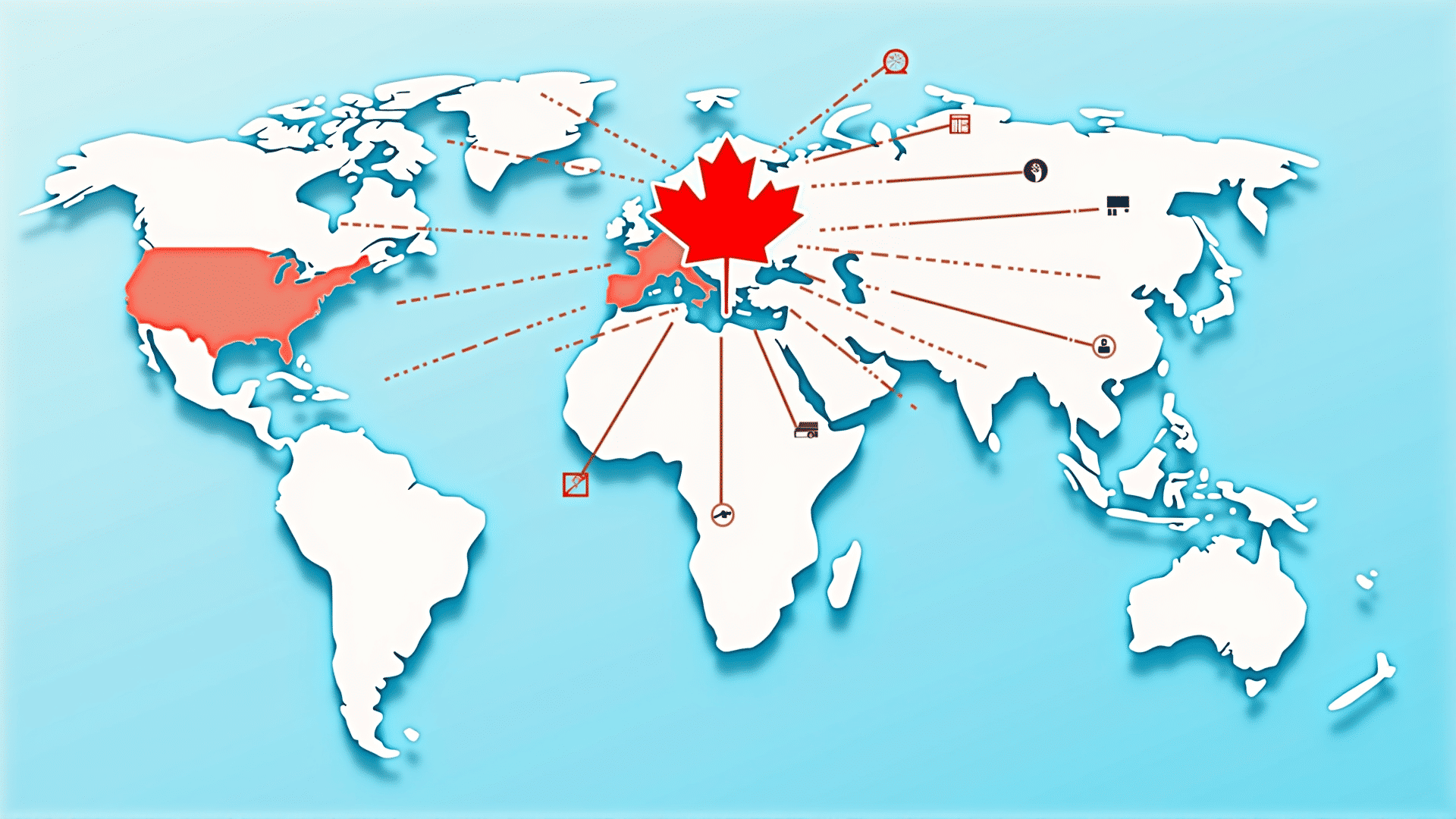Canada plays a vital role on the international stage, with its economic engagements deeply influencing both its external image and internal protocols. As a forward-thinking nation, Canada has established itself as a cornerstone in the global economic community, driven by its diverse network of partnerships and agreements with countries around the world.
One of Canada’s primary strengths is its vast reserve of natural resources, which are in high demand globally. From the timber-rich forests to the energy-abundant prairies, these resources not only support arrangements that cross borders but also reinforce Canada's status as a strategic partner in global discussions related to energy, sustainability, and climate change. With the international community increasingly emphasizing environmental concerns, Canada’s resource management policies have become increasingly important topics for discussion.
Moreover, Canada's approach to international trade alliances is characterized by its commitment to multilateral engagements. This openness has facilitated partnerships with a wide spectrum of countries, fostering growth and encouraging the exchange of knowledge and technology. Canada’s participation in agreements like the Comprehensive and Progressive Agreement for Trans-Pacific Partnership and the United States-Mexico-Canada Agreement highlight its strategy of promoting mutually beneficial relationships. These arrangements not only open markets but also infuse fresh ideas and innovations into the Canadian marketplace, simultaneously lifting the country's global economic stature.
The influence of international relations on Canadian domestic strategies is profound. Policies crafted within the framework of international agreements ensure that Canadian firms and industries remain competitive on the global stage. This alignment not only fosters innovation but also necessitates the adoption of standards that are often internationally laudable, such as those focusing on ethical labor practices and environmental stewardship.
Beyond economics, global relations have a significant impact on Canadian cultural and social dimensions. The diversity in Canada’s demographic makeup is, in large part, a reflection of its open and inclusive international policies. The exchange of people—students, professionals, and families—between Canada and other nations enriches Canadian society, creating a multicultural blend that encourages new perspectives, fueled by diverse cultural insights.
Critically, Canada’s position as a global peacekeeper and supporter of international law reinforces its soft power. By aligning with initiatives that promote peace and security, Canada helps ensure that global stability reflects positively on its economic ambitions and societal values.
In conclusion, Canada’s involvement in global networks and conversations is a key factor shaping its domestic policies. This involves a dynamic exchange that enhances environmental practices, boosts innovation through diverse exchanges, and ensures economic stability and growth. As the world continues to evolve, Canada’s role in international relations will likely serve as a model for how countries can leverage global partnerships to advance both domestic and international objectives.
